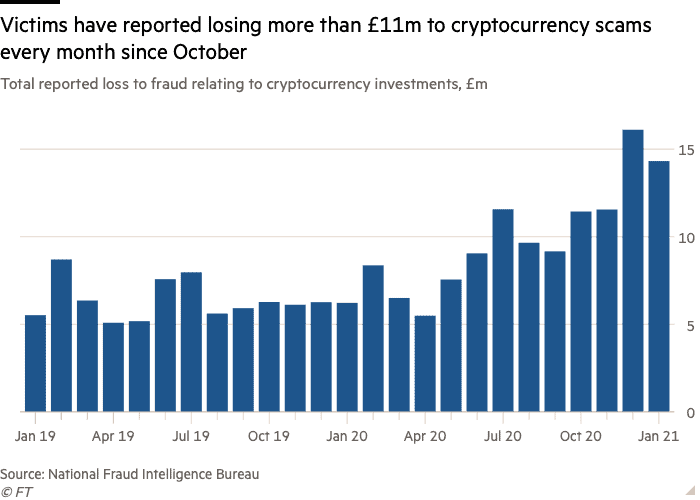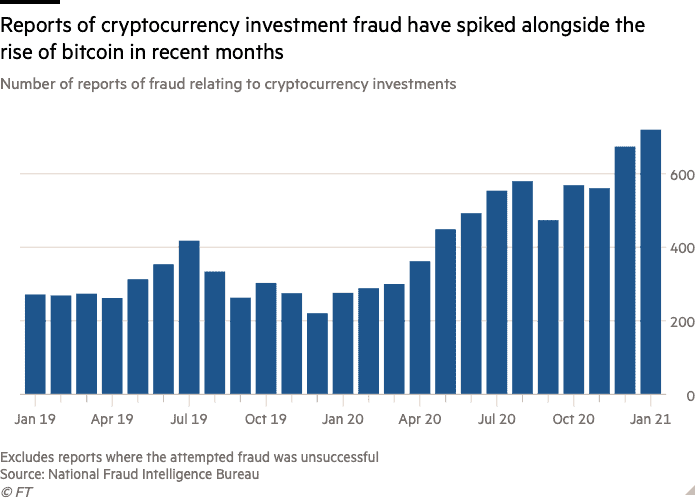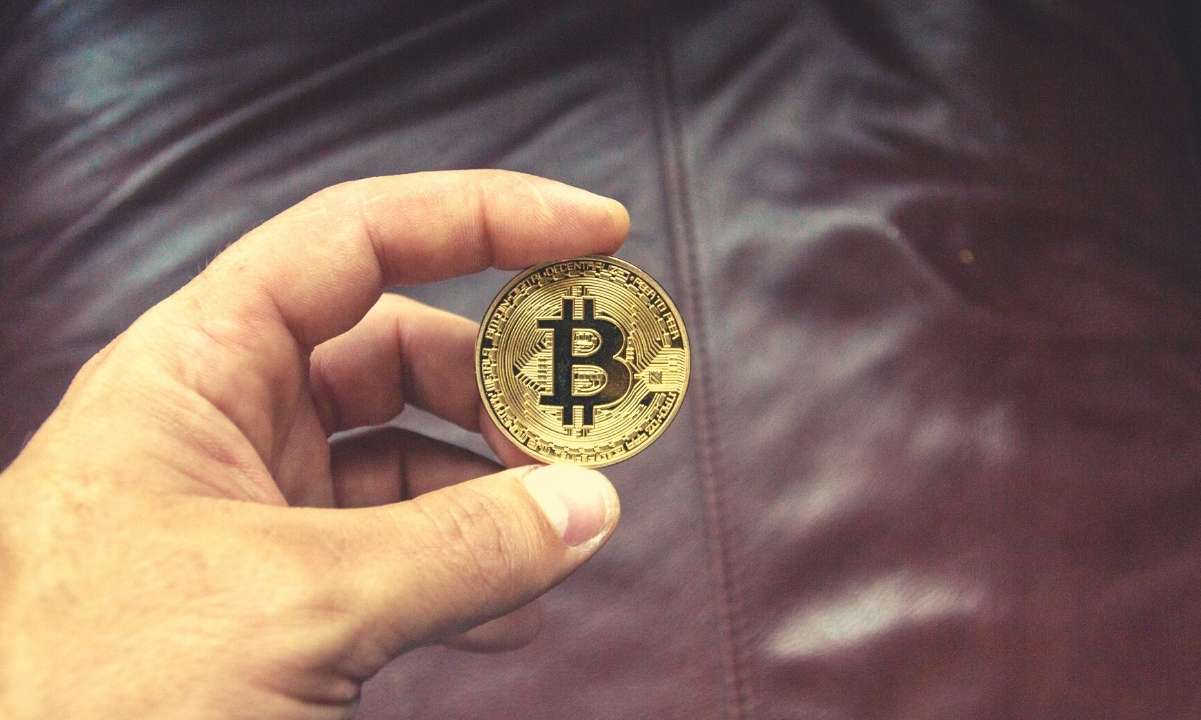Instagram Influencer Jay Mazini Involved in $2.5 Million Bitcoin Scam
The glory days of famous Instagram influencer Jegara Igbara, better known as “Jay Manzini,” seem to be counted, as he was accused by U.S. law enforcement of being the mastermind behind a million-dollar Bitcoin scam scheme.
Jay Manzini was known for his Instagram videos giving away large amounts of money to strangers. Three of his most popular videos involved a massive cash giveaway at a supermarket and collaborations with rapper 50cent and reggaeton singer Nicky Jam to give away money to employees working at a fast-food restaurant.
Jay Mazini is the real deal, he saw me in the hood yesterday so we went tonight and showed everybody some love. pic.twitter.com/4UgvMWFLTk
— 50cent (@50cent) September 9, 2020
How The Nice Instagram Got Involved in a $2.5 Million Bitcoin Scam
However, it wasn’t all good intentions in Jay Manzini’s life. The well-known influencer started posting ads on his Instagram stories, claiming he was buying Bitcoins at premiums of 5% over market value.
But why use Instagram instead of a P2P platform like Localbitcoins and exchange like Binance or Coinbase? His excuse, presumably, is that he wanted to buy large amounts, and the exchanges wouldn’t let him.

And although there are OTC desks expressly dedicated to this type of business, Jay Manzini’s excuses generated little suspicion, and his followers ventured to do business with him.
After agreeing on prices and payment methods, Mazzini would send his followers images and payment media of the transactions. They, in turn, sent the Bitcoin to Manzini’s wallet.
But the money never arrived. The documents were forged. According to an official statement from the U.S. Department of Justice, Jay Manzini’s modus operandi relied primarily on the trust he had earned as an influencer:
“As we allege, Igbara’s social media persona served as a backdrop for enticing victims to sell him their Bitcoin at attractive, but inflated, values. A behind-the-scenes look, however, revealed things aren’t always as they seem. There was nothing philanthropic about the Bitcoin transactions Igbara engaged in with his victims. A quick search of the Interwebs today will reveal an entirely different image of this multimillion-dollar scammer.”
Jay Manzini raked in at least $2.5 million with this scam. If convicted, Jay Manzini faces up to 20 years’ imprisonment.
It’s Not Just Jay Manzini. Crypto Scams Are a Growing Problem
Crypto-related scams are a rising problem. The Covid-19 has just served as a catalyst for these types of scams to flourish. According to the eNational Fraud Intelligence Bureau, in 2021, the amount of money lost in crypto scams has increased by 2X since last year,

In the same period, the number of victims (measured by reported cases) has almost tripled:

This does not appear to be the first time Jay Manzini has faced fraud and scam-related accusations. An account dedicated to re-posting complaints and allegations against the influencer revealed that other fans and active members of his community on social media stated on numerous occasions that Jay Manzini is an expert at asking for money without paying it back.
For example, it seems like Jay Manzini was involved in the sales of courses, products, giveaways, and other shady offers that did not end up well —at least not for the victims.
Maybe next time, instead of using his public profile name to engage in a crypto scam and ask for money on the internet, Jay Manzini could try using some of the anonymous, exciting DeFi protocols.









